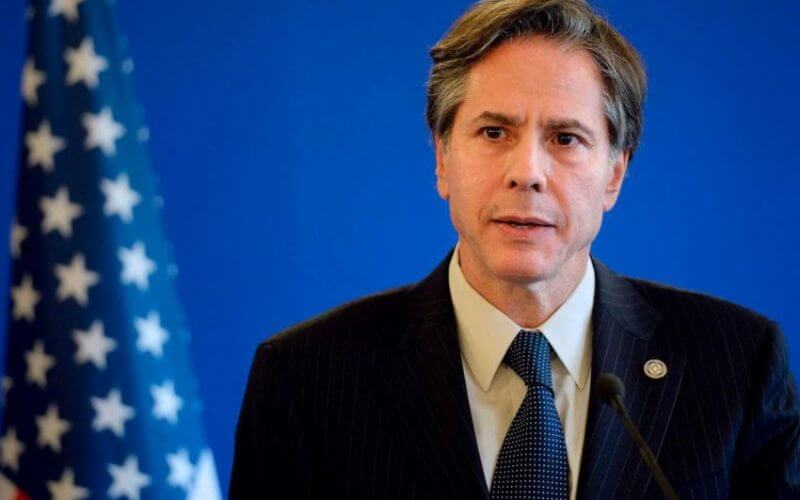United States Secretary of State Antony Blinken is calling upon the Iranian government to return all U.S. hostages in light of the 14th anniversary of former FBI agent Robert Levinson’s abduction and to move away from using hostage-taking as a “business model,” which will make it challenging for the Biden administration to proceed with diplomatic avenues.
“We call on the Iranian government to provide credible answers to what happened to Bob Levinson and to immediately and safely release all U.S. citizens who are unjustly held captivate in Iran,” said Blinken this week.
Blinken condemned Iran’s use of hostage-taking as a means for political coercion and emphasized that this behavior “must cease immediately.”
It was not made clear in Blinken’s remarks whether there would be consequences if Iran fails to comply with demands for the hostage release, particularly in relation to the potential for U.S. re-entrance into the Iran nuclear deal, or whether the U.S. is prepared to offer anything in return.
White House Press Secretary Jen Psaki also weighed in on the subject, emphasizing the lack of answers Iran has provided the U.S. in regard to Levinson’s case, whose whereabouts and condition remain unknown.
“After 14 years and repeated, persistent efforts to secure Iran’s cooperation in locating Mr. Levinson, we are still without answers. Nevertheless, we will continue to demand answers and to hold Iran accountable for his abduction, detention, and probable death” said Psaki.
Psaki claims the White House will “not relent” in its efforts to secure safety for U.S. hostages in Iran, but like Blinken, did not provide any details with regard to what exactly these efforts would entail in actionable terms.
Former U.S. Deputy Special Envoy to Combat Anti-Semitism Ellie Cohanim warns against the consequences of negotiating a hostage-released if the administration turns to a “cash for hostages” approach, emphasizing Iran’s history of hostage-taking as “a business model.”
“The Iranian Regime is born of the original sin of taking hostage 52 U.S. Embassy staff in 1979,” said Cohanim, “Since then, the regime has turned hostage taking into a business model – whether it is human hostages or oil tankers.”
The Biden administration was quick to separate itself from the Trump-era strategy of maximum pressure against the Iranian regime, leaving room for the regime to make demands of the U.S. in return for Iran’s supposed return to compliance with the original 2015 nuclear deal.
While the maximum pressure strategy greatly weakened the regime’s capacity to fund terrorist proxies throughout the Middle East, minimizing the country’s influence in the region and tipping the balance of power in favor of the U.S. and its allies, if the U.S. begins handing cash concessions to Iran in exchange for hostages, Cohanim foresees the regime utilizing this imbalanced relationship as a continual means of leverage over the U.S. and its allies.
“The U.S. should not be rewarding this rogue regime with cash for hostages thereby incentivizing the regime to continue seizing foreign citizens or foreign assets as access to their personal ATM,” said Cohanim.









